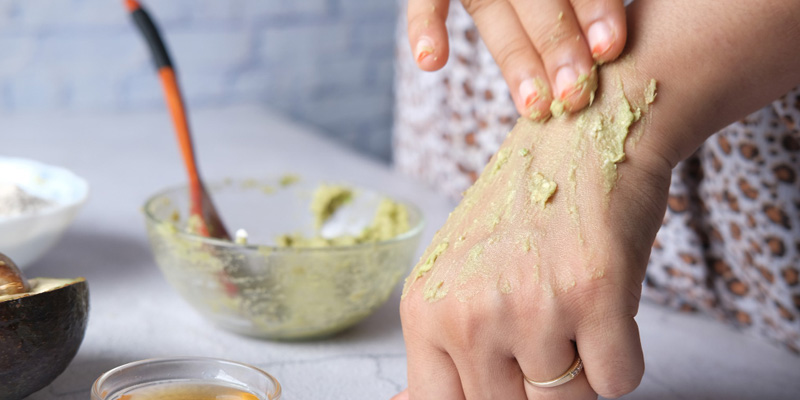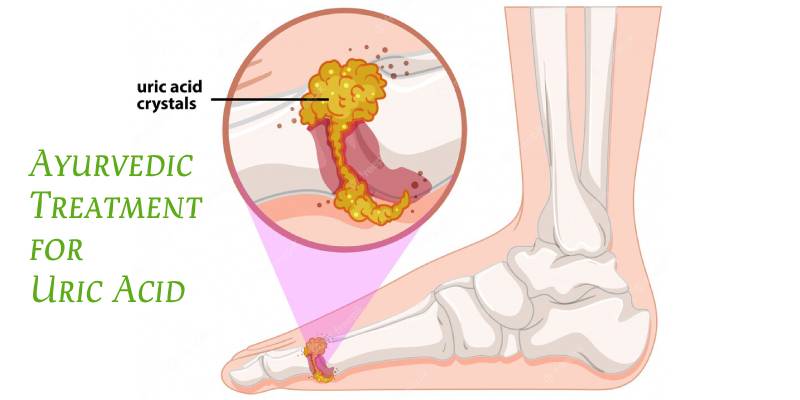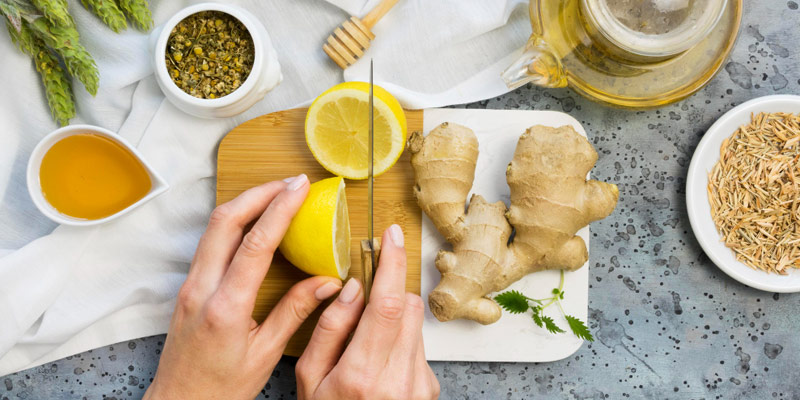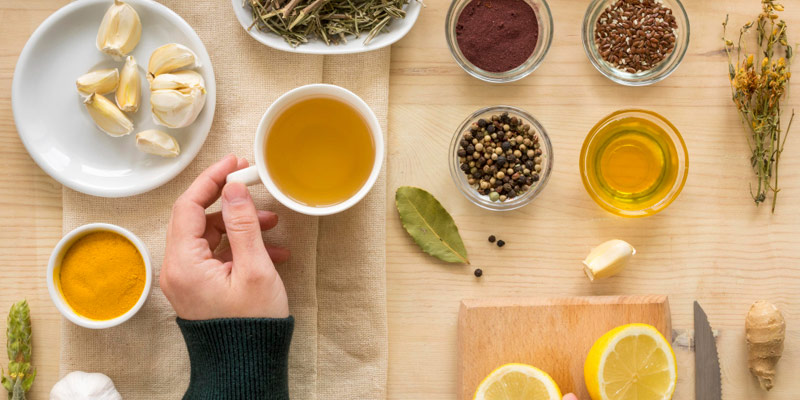Kidney stones can be an excruciating experience, causing intense pain and discomfort. These small, hard mineral deposits can form in the kidneys and affect the urinary system. While kidney stones are a common ailment, they can be effectively treated with Ayurvedic remedies. Ayurveda, an ancient Indian system of medicine, offers holistic approaches to promote kidney health and naturally eliminate kidney stones. In this article, we will explore the benefits of Ayurvedic Remedy for Kidney Stone and how it can provide relief from this condition.
Understanding Kidney Stones
Kidney stones are primarily composed of calcium oxalate, although they can also contain other minerals. When the concentration of these substances in the urine becomes too high, they can crystallize and form stones in the kidneys. The size of the stones can range from a grain of sand to a larger, more painful mass.
Ayurvedic Perspective on Kidney Stones

According to Ayurveda, kidney stones are a result of an imbalance in the doshas, the fundamental energies governing the body. The vitiation of the Vata and Pitta doshas leads to the formation of kidney stones. Ayurvedic treatments aim to restore the balance of these doshas and promote overall kidney health.
Causes and Symptoms
- Dietary Factors: Certain dietary habits, such as excessive consumption of sodium, protein, and oxalate-rich foods, can contribute to the formation of kidney stones.
- Dehydration: Insufficient fluid intake can lead to concentrated urine, increasing the risk of stone formation.
- Family History: Individuals with a family history of kidney stones may have a higher predisposition to developing them.
- Medical Conditions: Certain medical conditions, including urinary tract infections, gout, and metabolic disorders, can increase the likelihood of kidney stone formation.
Common symptoms of kidney stones include:
- Intense Pain: The most notable symptom is severe pain in the back, abdomen, or groin. The pain can fluctuate in intensity and may come in waves.
- Blood in Urine: Hematuria, or the presence of blood in the urine, is a common symptom of kidney stones.
- Frequent Urination: People with kidney stones may experience increased urgency and frequency of urination.
- Burning Sensation: A burning sensation or pain while urinating can occur due to the presence of stones in the urinary tract.
- Nausea and Vomiting: In some cases, kidney stones can cause feelings of nausea and vomiting.
Diagnosis of Kidney Stones
- Medical History: The healthcare provider will inquire about your symptoms, medical history, and family history of kidney stones.
- Physical Examination: A physical examination may help identify tenderness or abnormal masses in the abdomen or back.
- Urine Analysis: A urine sample may be tested to check for the presence of blood, crystals, or other substances that indicate kidney stones.
- Imaging Tests: Various imaging techniques, such as X-rays, ultrasounds, or CT scans, can provide detailed images of the urinary system and detect the presence, size, and location of kidney stones.
Ayurvedic Treatment Approaches

- Panchakarma Therapies: Ayurvedic treatments may include Panchakarma procedures like Virechana (therapeutic purgation) and Basti (medicated enema) to eliminate toxins and restore balance in the body.
- Swedana: Swedana, or herbal steam therapy, can help relax the body, improve blood circulation, and support the elimination of toxins.
- Herbal Medications: Ayurvedic practitioners may prescribe specific herbal formulations containing ingredients like Punarnava, Gokshura, and Varunadi Kwath to dissolve kidney stones and reduce pain.
- Dietary Modifications: Ayurveda emphasizes a diet that balances the doshas and includes foods that support kidney health while avoiding substances that can contribute to stone formation.
- Lifestyle Changes: Incorporating healthy lifestyle habits, such as staying hydrated, maintaining a regular exercise routine, and managing stress, can aid in preventing the recurrence of kidney stones.
Ayurvedic Remedy for Kidney Stone

- Punarnava: This herb is widely used in Ayurveda for its diuretic properties, promoting urine production and helping in the natural elimination of kidney stones.
- Gokshura: Gokshura acts as a rejuvenating herb for the urinary system. It helps in flushing out toxins, reducing inflammation, and supporting kidney health.
- Varunadi Kwath: Varunadi Kwath is a traditional Ayurvedic formulation known for its stone-dissolving properties. It helps in breaking down kidney stones and easing the symptoms associated with them.
- Shilajit: Shilajit is a powerful mineral-rich substance that supports kidney health and helps in detoxification. It is known to aid in dissolving kidney stones naturally.
- Pashanbhed: Pashanbhed is a herb used in Ayurveda specifically for its ability to dissolve kidney stones. It helps in breaking down the stones into smaller fragments for easier elimination.
- Kulthi (Horse Gram): Kulthi is a legume commonly used in Ayurvedic preparations to address kidney stone issues. It helps in reducing the size of stones and preventing their recurrence.
- Ayurvedic Formulations: Various Ayurvedic formulations and herbal combinations are available in the form of tablets, powders, or syrups, which can be prescribed by Ayurvedic practitioners to target kidney stones and promote overall kidney health.
Dietary and Lifestyle Recommendations
- Hydration: Drink an adequate amount of water throughout the day to maintain proper urine volume and dilution.
- Reduce Sodium Intake: Limiting the consumption of salt and high-sodium foods can help prevent the formation of stones.
- Moderation of Oxalate-Rich Foods: Certain foods high in oxalates, such as spinach, rhubarb, and beetroot, should be consumed in moderation.
- Calcium-Rich Foods: Including calcium-rich foods in the diet can help bind oxalates in the gut and reduce their absorption.
- Limit Animal Protein: High intake of animal protein can increase the excretion of calcium and other substances that contribute to stone formation.
- Regular Exercise: Engage in regular physical activity to promote overall kidney health and prevent the formation of kidney stones.
Yoga and Exercise for Kidney Health

- Ardha Matsyendrasana (Half Lord of the Fishes Pose): This yoga asana helps stimulate the kidneys, improve digestion, and enhance the overall functioning of the urinary system.
- Bhujangasana (Cobra Pose): Cobra Pose stretches the abdominal muscles, improves blood circulation, and supports kidney health.
- Pavanamuktasana (Wind-Relieving Pose): Wind-relieving pose aids in digestion, massages the abdominal organs, and can help prevent kidney stone formation.
Ayurvedic Kidney Stone Prevention
- Hydration: Drink an adequate amount of water daily to maintain urine dilution and prevent the concentration of minerals that form kidney stones.
- Balanced Diet: Follow a balanced diet that includes fresh fruits, vegetables, whole grains, and lean proteins. Avoid excessive consumption of processed foods and sugary beverages.
- Herbal Supplements: Ayurvedic formulations containing kidney-friendly herbs can be taken as a preventive measure after consulting with an Ayurvedic practitioner.
- Lifestyle Modifications: Maintain a healthy lifestyle by managing stress, getting regular exercise, and avoiding habits like smoking and excessive alcohol consumption.
Remember, if you suspect you have kidney stones or any other medical condition, it is always recommended to consult with a healthcare professional for an accurate diagnosis and appropriate treatment.
Conclusion
The Kidney stone can be a painful and distressing condition, but Ayurvedic treatment and remedy offer a natural and holistic approach to address this issue. Through a combination of herbal remedies, dietary modifications, lifestyle changes, and preventive measures, Ayurveda can help dissolve kidney stones and promote overall kidney health. It is advisable to consult with an Ayurvedic practitioner to receive personalized treatment and guidance for your specific needs.
FAQs
Is Ayurvedic treatment effective for kidney stones?
Yes, Ayurvedic treatment can be highly effective in treating kidney stones. It provides holistic approaches that address the root causes and promotes kidney health.
Can Ayurvedic remedy able dissolve a large kidney stone?
The Ayurvedic remedy can help in the natural dissolution of a large kidney stone. However, the size and composition of the stones may influence the duration of the treatment.
Are there any dietary restrictions during Ayurvedic treatment for kidney stones?
Ayurvedic treatment for kidney stones may involve certain dietary modifications, such as reducing the intake of salt, processed foods, and caffeine. It is best to consult with an Ayurvedic practitioner for personalized dietary recommendations.
Can Ayurveda prevent the recurrence of kidney stones?
Ayurveda emphasizes preventive measures to reduce the risk of kidney stone recurrence. Following a balanced diet, maintaining hydration, and adopting a healthy lifestyle can significantly contribute to preventing kidney stone formation.
Is Ayurvedic treatment safe for everyone?
Ayurvedic treatments are generally safe; however, it is essential to consult with a qualified Ayurvedic practitioner for personalized treatment plans and to ensure compatibility with your specific health condition.


























